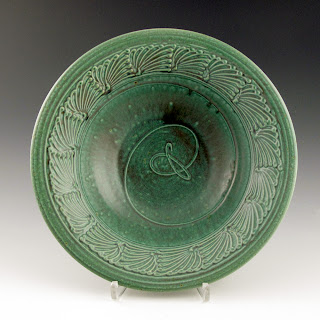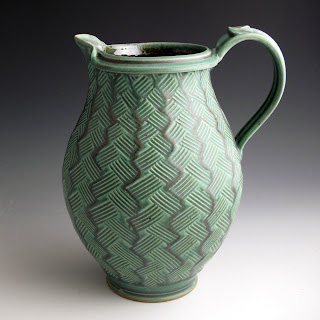When I was a
potter
Had my kick wheel
spinning ‘round
Pulled my
clay straight from the ground
Sold pots
priced by the pound
And life was
good
When I was a
potter
With wooden
ribs and brushes
Slipped
surfaces so luscious
Pushed by
exhibition rushes
And life was
good
When I was a
potter
Nights lit
up by hot kiln glow
Then waiting
for hours and hours to know
Anxious for
the opening show
And life was
good
When I was a
potter
I loved to
dance the kiln dance
What appeared
by fire and chance?
Leave, return
for one more glance
And life was
good
When I was a
potter







